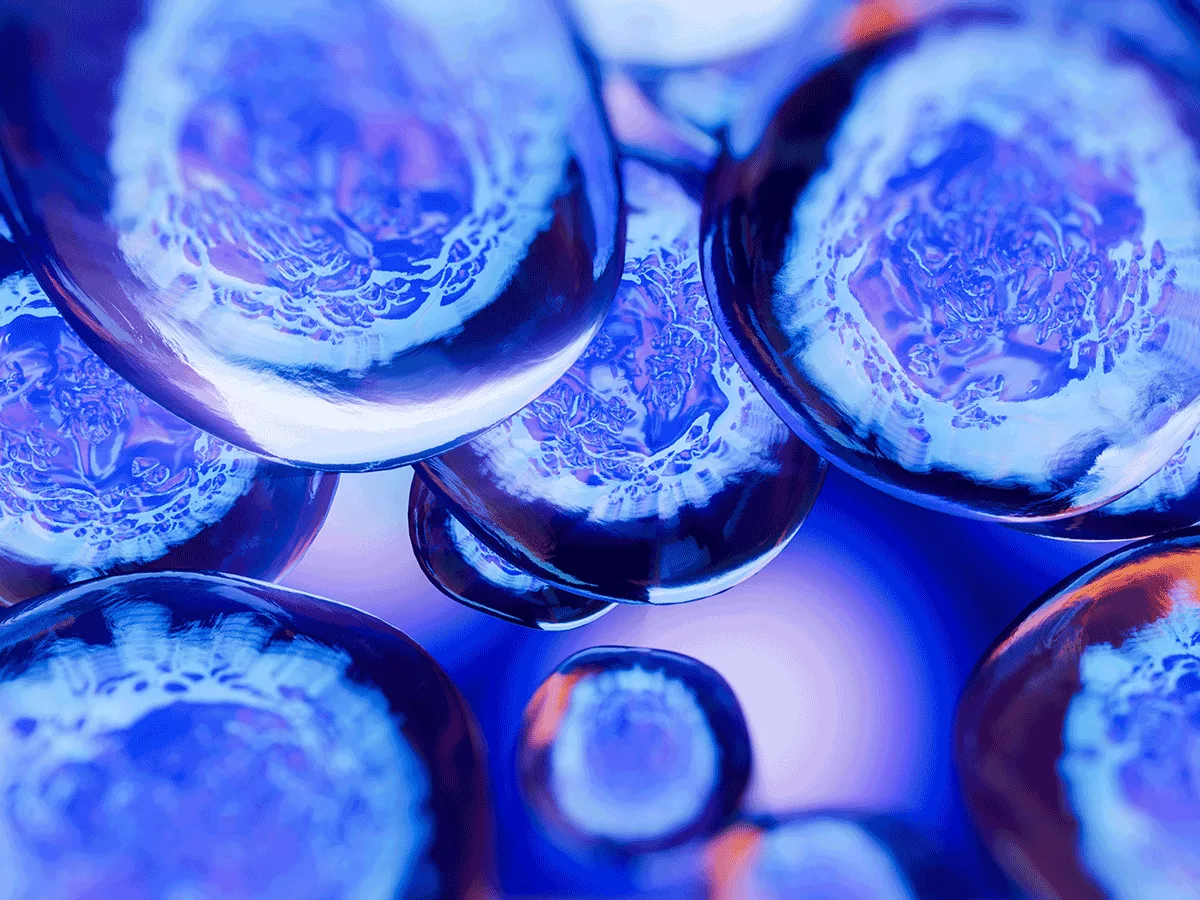Japanese scientists led by Shin Kaneko, an associate professor in the Center for iPS Cell Research and Application (CiRA) at Kyoto University, have developed the first practical bioengineering strategy for generating a universal pluripotent stem cell (PSC).
This bioengineering milestone was achieved by eradicating the human leukocyte antigen (HLA)-I and-II genes and a natural killer (NK) cell activator ligand, while adding a NK cell-inhibitor ligand in human induced PSCs (iPSCs).
By avoiding immune rejection of transplanted T cells, PSC multiple gene edits may increase the number of suitable patients and diseases for T-cell immunotherapies, the authors reported in the May 17, 2021, edition of Nature Biomedical Engineering (NBE).
"This is the first report showing that NK cell-activating ligand elimination can control the NK cell response in contributing to generating hypoimmunogenic iPSCs binding with other reported multiple genes," said study first author Bo Wang, a researcher in Kaneko's CiRA lab.
"It is also the first report in which bioengineered iPSC-derived T cells showed hypoimmunogenicity, while keeping effector function to control tumor progression in the presence of allogenic human immune cells in a mouse model," he added.
Adoptive therapy using primary autologous T cells engineered to express antigen-specific T-cell receptors (TCRs) or chimeric antigen receptors (CARs) are promising infectious disease and cancer treatments, but are labor-intensive, time-consuming and expensive.
Using expanded allogeneic T cells as the immunotherapy cell source might avoid these limitations, but T-cell HLA incompatibilities risk stimulating host immunity, restricting clinical application.
"According to our data, HLA mismatched recipient immune cells reject the allogenic transplanted T cells within 13 days in vitro," noted Wang.
Moreover, "memory alloreactive cells reject allogenic transplanted T cells with 1-2 days after the second translation in a mouse model," he told BioWorld Science.
Immune rejection may be overcome using gene-knockout in primary T cells, by modifying allogeneic TCRs to prevent graft-versus-host disease (GvHD) and erasing HLA-I expression to prevent host CD8 T-cell activation.
However, in adoptive immunotherapy, activated T-cell grafts express cell surface HLA-II, inducing an allogeneic CD4 T-cell response, while absence of graft HLA-I expression activates recipient NK cells.
Such unwanted reactions to allogeneic grafts in an immunocompetent host might be avoided by further genome editing, including HLA-II disruption and NK cell-inhibitory ligand transduction, but multiple primary T-cell gene edits have challenging safety and cost considerations, as well as the risk of T-cell dysfunction during the dysfunction.
Unlike primary T cells, human PSCs are a useful cell source for adoptive T-cell immunotherapy, being suitable for genome editing, as they can be manipulated clonally to select successfully modified PSCs.
Moreover, unlimited numbers of antigen-specific T cells can be differentiated from PSCs, including T cell-derived iPSCs, exogenous TCR-transduced iPSCs and CAR-transduced iPSCs, all of which have effector functions in vitro and in vivo.
Recently, studies have explored human PSC generation by silencing or deleting HLA-I molecules, genes essential for HLA-I expression, and HLA-II-related genes, or by expressing genes encoding immunosuppressants.
Therapies using iPSC-derived T cells or other PSCs should be similar to those using primary allogeneic T cells, including efficacy against the pathogen, transfusion without immunosuppression in immunotherapies for cancer or infections, and no host CD8 killer T-cell and CD4 helper T-cell stimulation.
One solution for protecting T-cell grafts from immune rejection involves deletion of allogeneic factors and of factors that activate cytotoxic immune cells, which was investigated in the new Nature Nature Biomedical Engineering study.
The authors report having generated hypoimmunogenic cancer antigen-specific T cells derived from iPSCs lacking beta2-microglobulin, the class-II major histocompatibility complex (MHC) transactivator, and the NK cell-ligand poliovirus receptor CD155, and expressing single-chain MHC class-I antigen E.
To demonstrate that cancer antigen-specific T cells derived from iPSCs (iPS T cells) were hypoimmunogenic, "we co-cultured the engineered iPSC-derived T cells with third-party [peripheral blood mononuclear cells] PBMCs and found that these cells did not induce significant immune cell proliferation, while showing better survive even after 7-13 days," said Wang.
Conversely, "the parent, nonengineered iPSC-derived T cells could only be poorly detected from day 7 and induced much higher level of immune cell proliferation," he told BioWorld Science.
In mouse models of CD20-expressing leukemia or lymphoma, the differentiated T cells expressing a CD20 CAR were found to mostly escape recognition by NK cells and by CD8 and CD4 T cells in allogeneic recipients, while maintaining antitumor potency.
"To clarify whether such hypoimmunogenic iPSC-derived T cells, which we named tKO/E [triple-knockout and HLA-E transduced] iPS-T cells, could functionally control tumor progression in the presence of alloreactive cells in a mouse model, we generated CD20+ immortalized B lymphocytes and co-transplanted them with their parent PBMCs into mice, then transplanted multiple doses of CD20-CAR tKO/E iPS-T cells," explained Wang.
"Compared with CD20-CAR iPS-T cells, CD20-CAR tKO/E iPS-T cells showed increased survival in the presence of alloreactive cells, including CD4, CD8 T cells and NK cells, and were able to suppress the growth of immortalized B lymphocytes in mice."
Collectively, these findings indicate that bioengineered hypoimmunogenic iPSC-derived T cells may contribute to individualized T-cell immunotherapies, "while saving the time and expense of conventional techniques," said Wang.
"Looking ahead," he said, "our next step may be to focus on generating much lower immunogenic PSCs to further control the possible response by NK cells or other innate immune cells and evaluate their fate in fully immunocompetent allogeneic recipients."
"Moreover, besides the supply of T cells, whether such hypoimmunogenic PSCs could contribute to clinical use for other tissue types would also be very interesting."

